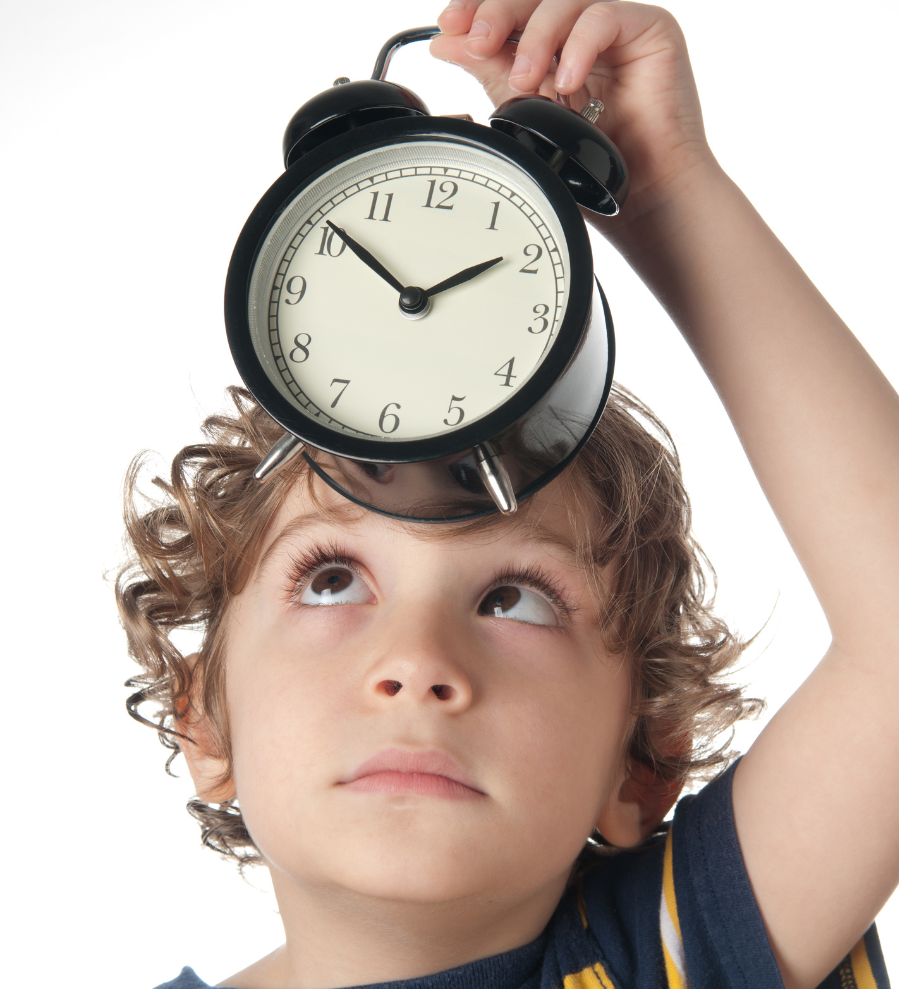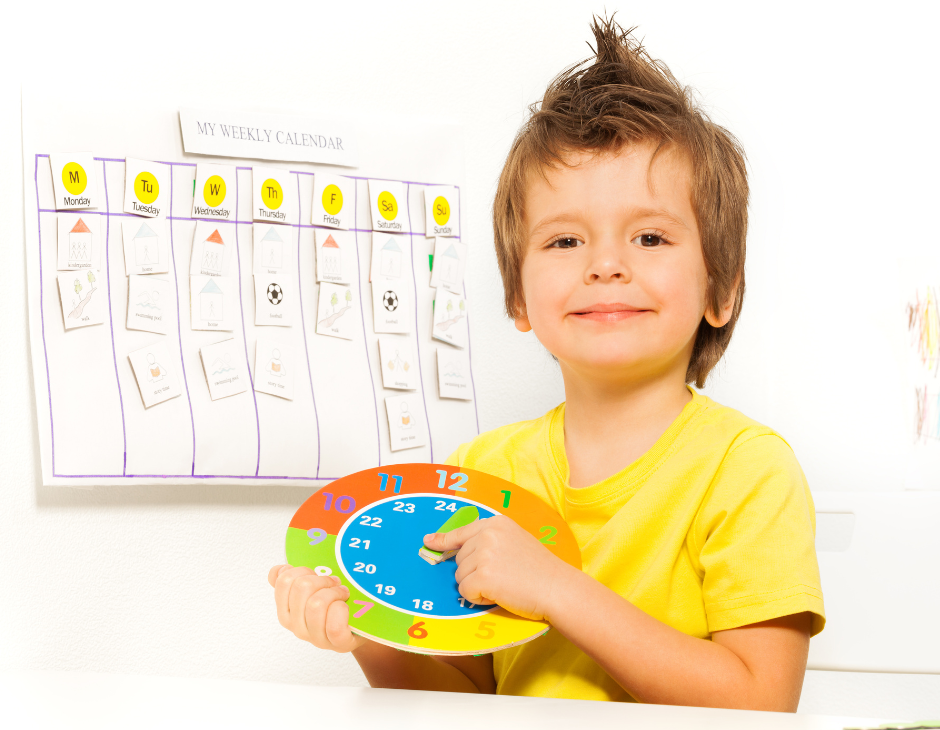
A child who understands the value of time is better at managing, coordinating, organizing and planning how to divide time between activities.


Time is an abstract learning for children to grasp. Introducing time to young children is done through experiencing time. The experience of time teaches the child the concept of what time is. It is significant that they first develop the concept of passing time. Time as it is abstract also needs to be introduced visually as what can be observed through nature.
Children need to experience what a certain length of time feels. It orients the child about the measure of time corresponding to certain aspects of life.

Experience with nature is the most basic in introducing the concept of time. Seeing the sun rise identifying morning, the setting of the sun as the prelude to nighttime and night comes with the shining moon. This is the time where the internal clock is likewise significant experience. It is the perfect time to attune the body to the child’s daily routine. The variation between rest, recreation and purposeful activity. The amount of time to sleep and wake up.
Having a feel for the changing and passing of time grounds a child. Thus, establishing predictable daily routines is great in introducing the concept of time.

Consistent routines help children feel secure and safe. Then one can help the child to name the activity. Naming the activity and assigning a time to it provides the notion of order and sequence.
Time comes with the experience of order and sequence. It is best felt and experienced by the child.
Early childhood is the best time to establish the concept of time alongside math’s in a playful, comfortable and easy way. Building a solid foundation in early math’s using hands-on learning and real-life experiences is a great way to learn numbers and time.
Young children are still developing the attitude towards time and concept of time, activities need to be planned according to a child’s age and understanding. Activities need to be simple, fun and interactive.

1. Aspects of time refer to time in hours or time of the day, weeks, months, seasons, years and periods. Time covers everything. Learning about morning, noon, afternoon and evening can be a great start. Identifying winter, spring, summer or fall. One does not have to force a child to memorize all these concepts. Repetition and reciting the days of the week with the child helps them recall order and sequence. Talk about time such as introducing the vocabulary connected with time. Using these words frequently also supports the child’s growing vocabulary:

2. The order of activities includes sleeping and waking, rest and recreation. It refers to the child’s daily activities from morning till night time. Brushing, bathing, changing clothes, nature walks, mealtime and playtime.

3. Marketing, Cooking and mealtimes. It teaches the child the activities of daily living. It gives a feeling for the passing of time. Such as how long does it take to go to the Grocery and back. Concept of time such as quick, fast and long time. These statements give a child a descriptive approximation of time. Using terms as minute and seconds also provides an experience of the passing time. Telling them:
It orients the child to both the action, activity and the concept of passing time.
Developing a healthy attitude towards time is important from childhood. A good habit of structuring daily activities, managing time and ordering the activities is a skill learned and practiced.
The concept of time lays the foundation of management. Ordering and sequencing things as much as getting it right and doing things in a smart way not the hard way. Getting things done even when time is tight and pressures are high is a skill developed and with the right attitude.


Free delivery on orders over 959 EGP Dismiss